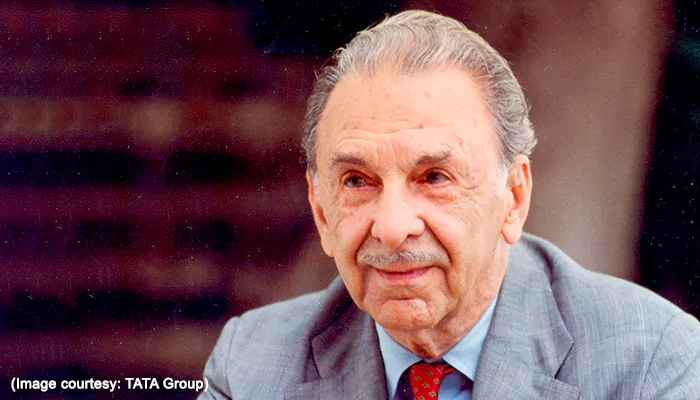
Discover the top business headlines that are trending across the world today!
Supreme Court Removes 30% Interest Cap on Late Credit Card Payments
The Supreme Court recently removed the fixed 30% cap on the interest rate for delayed repayment of credit card dues. This will now allow banks to determine their own rates within existing regulations.
Notably, the National Consumer Disputes Redressal Commission (NCDRC) observed in one of its orders in 2008, "… this stand by the central government appears to be without considering the reality of life. Consumers who are in absolute need have no bargaining capacity and are forced to pay interest which is unjustifiable, unreasonable, and coercive. There must be some control on such banking and financial institutions with regard to the rate of interest and to protect the consumers."

Following appeals by multiple banks, including Standard Chartered Bank, Citibank, and HSBC, a bench of justices Bela M Trivedi and Satish Chandra Sharma set aside the NCDRC judgment on Friday. A detailed verdict is yet to be out.
RBI Imposes Fine on Manappuram Finance, IndusInd Bank Over Regulatory Compliance Deficiencies
The Reserve Bank of India (RBI) has imposed penalties on IndusInd Bank and Manappuram Finance of Rs 27.3 lakh and Rs 20 lakh, respectively, over regulatory compliance deficiencies. This comes after a statutory inspection of the companies, which was conducted by the RBI with reference to their financial position as of March 31, 2023.

As far as Manappuram Finance is concerned, it failed to undertake customers' Permanent Account Numbers (PAN) at the time of acceptance and also allotted identification codes to certain customers instead of a Unique Customer Identification Code (UCIC) for each. On the other hand, the RBI states that the penalty on IndusInd Bank pertains to the "opening of certain savings deposit accounts in the name of ineligible entities". However, the RBI added that the penalty is "based on deficiencies in regulatory compliance and is not intended to pronounce upon the validity of any transactions or agreement entered into by IndusInd Bank with its customers".
55th GST Council Meet Begins Today in Jaisalmer
The 55th GST Council meeting began in Jaisalmer on Saturday, chaired by Union Finance Minister Nirmala Sitharaman and with ministers from 28 states, 2 Union Territories, and tax officials in attendance. The highly anticipated meeting is addressing various major issues, such as Floor Space Index (FSI) charges, the tax treatment of gift vouchers, and GST rate reductions on life and health insurance premiums among others. A key topic for discussion is the potential inclusion of aviation turbine fuel (ATF) under the GST framework. Another agenda is to emphasize revising the rates of nearly 150 items, which may help the Centre generate an additional revenue of Rs 22,000 crore.
Union Minister for Finance and Corporate Affairs Smt. @nsitharaman chairs the 55th meeting of the GST Council, in Jaisalmer, Rajasthan, today.
— Ministry of Finance (@FinMinIndia) December 21, 2024
The participants included Union Minister for State for Finance Shri @mppchaudhary, Chief Ministers of Goa, Haryana, Jammu and Kashmir,… pic.twitter.com/MmuPnigO1g
Credit: Ministry of Finance
Notably, crude oil, natural gas, petrol, diesel, and ATF were excluded from GST when it was introduced on July 1, 2017. Ever since, several industries have been demanding the inclusion of these commodities under the system.
Sundar Pichai Announces Major Job Cuts in Google, Eliminates 10% Managerial Roles
Google CEO Sundar Pichai - in an effort to increase efficiency and reduce costs at the company - announced another round of layoffs, including slashing 10% of its managerial roles like directors and VPs. This comes amidst increasing competition from other tech giants, particularly OpenAI.

Notably, this layoff began in 2022 when Pichai announced his plan to make Google over 20% more efficient. By January last year, the tech giant had laid off more than 12,000 employees.









.webp)


